In today’s interconnected world, where technology plays a pivotal role in our lives, ensuring the security of our digital assets, especially in the realm of mobile applications, has become more critical than ever. The prevalence of cyber threats and the potential for devastating consequences have made security testing an indispensable component of mobile application development. In this blog post, we will delve into the importance of mobile applications security testing, explore five different types of security testing specifically tailored for mobile apps, discuss the six principles of security testing as they relate to mobile application security, highlight essential considerations while selecting an external security testing vendor for mobile apps, and provide an overview of the common tools used for security testing in the context of mobile application development.
Why is Security Testing important?
The significance of security testing cannot be overstated. It serves as a proactive measure to identify vulnerabilities, assess risks, and ensure the robustness of a system’s security posture. Here are some key reasons why security testing is crucial:
- Protecting sensitive data: Security testing helps safeguard sensitive user data, such as personal information, financial details, and login credentials, from unauthorized access, breaches, or theft.
- Maintaining user trust: By conducting thorough security testing, organizations demonstrate their commitment to protecting their users’ data and maintaining their trust. A security breach can lead to severe reputational damage and loss of customer confidence.
- Compliance with regulations: Many industries, such as finance, healthcare, and e-commerce, are subject to regulatory requirements that mandate robust security measures. Security testing ensures compliance with these regulations and helps avoid legal consequences.
- Preventing financial losses: Security breaches can result in significant financial losses due to the costs associated with incident response, recovery, legal ramifications, and potential lawsuits. Conducting security testing minimizes the risk of such financial implications.
- Mitigating business disruption: A security incident can disrupt normal business operations, leading to downtime, loss of productivity, and reputational harm. Regular security testing helps identify and address vulnerabilities before they can be exploited.
What Is Mobile Applications Security Testing?
Mobile applications security testing is an essential process that aims to assess and evaluate the security of mobile applications. It involves identifying vulnerabilities, weaknesses, and security loopholes that attackers could exploit to compromise the confidentiality, integrity, and availability of the application and its associated data. Through thorough security testing, organizations can gain insights into potential risks and vulnerabilities, enabling them to take proactive measures to mitigate these issues before they can be exploited. This not only helps in enhancing the overall security posture of the mobile application but also contributes to building user trust by ensuring that the app is resilient against potential security threats.
One of the key objectives of mobile application security testing is to ensure that the application meets industry standards and best practices for security. This includes testing the application for common security flaws such as input validation errors, authentication and authorization issues, insecure data storage, and inadequate session management. By identifying and addressing these vulnerabilities early in the development lifecycle, organizations can minimize the risk of security breaches and data leaks, thereby safeguarding both their reputation and the sensitive information of their users. Mobile applications security testing is, therefore, a crucial step in the development process, helping organizations deliver secure and reliable mobile applications to their users.
Criteria for Mobile Applications Security Testing
When performing mobile applications security testing, several key criteria should be considered to ensure comprehensive coverage:
-
- Authentication and Authorization: Testing the app’s authentication mechanisms, password policies, session management, and user access controls to ensure that only authorized users can access the app’s functionalities and data.
- Data Storage and Encryption: Assessing how sensitive data is stored, encrypted, and protected both in transit and at rest. This includes evaluating secure storage practices, encryption algorithms, and secure key management.
- Network Communication: Testing the security of network communication channels to ensure the use of secure protocols (such as HTTPS) and protection against potential eavesdropping, man-in-the-middle attacks, and data tampering.
- Input Validation and Output Encoding: Verifying that the app properly validates user input to prevent common security vulnerabilities like SQL injection, cross-site scripting (XSS), and command injection. Additionally, assessing how the app encodes and sanitizes output to prevent injection attacks and data leakage.
- Secure Session Management: Evaluating how the app manages user sessions, including session timeouts, secure session token generation, and protection against session hijacking or fixation attacks.
Why Conduct Mobile App Security Testing?
Mobile applications security testing is important to developers but has yet to be commonly understood. Aside from the increasing prevalence of mobile fraud, there are various reasons why businesses should prioritize mobile app security and commit to building a complete plan.
Consumers must be cautious about the information they disclose and the data they download when using the internet, but business professionals must also be cautious. Mobile devices are almost constantly on and close by, storing massive amounts of personal information, sensitive data, and documents. As a result, they might be a gold mine for attackers.
An assault on your app might be disastrous for your company. Security testing is critical to the development lifecycle for the following reasons:
-
- Makes your app conform to industry requirements.
-
- Gives your customers confidence in your offerings (for example, when your app is ISO 27001 certified).
-
- Aids in detecting and understanding flaws, allowing you to remove and prepare for dangers such as security breaches.
-
- Reduces the financial and reputational consequences associated with security events.
-
- Assists you in determining which components of your app’s application to modify: third-party code, your code, or your security personnel.
Read more: Key reasons why mobile app security testing is important for businesses
What are the Perks of Performing Pen Testing for Mobile Applications?
Mobile app Penetration testing is an ongoing activity that benefits both the app development company and the app user. We’ll look at the top benefits of mobile penetration testing here:
1. Avoid Future Assaults
Running your app through a simulated assault is the greatest approach to assess its security strength. With an expert-level pen test, you can foresee potential future scenarios and prevent risks, as well as discover and fix code problems before hackers exploit them. Conducting frequent mobile pen testing will aid in the long-term safety and longevity of your app.
2. Prevent Monetary Loss
A data breach may cause considerable financial harm to a company in a variety of ways. If hackers get your personal information, they may demand payment in the form of ransomware. This may be prevented if the mobile app is subject to vulnerability and penetration testing before release. As a result, investing in security is better than falling victim to hackers or attacks.
3. Increased ROI on IT investments
It is critical first to protect the asset to ensure data security. Mobile app pen testing searches and addresses underlying dangers in the asset. With timely vulnerability assessments, an organization may prioritize which vulnerabilities to target first depending on the damage they might do to a system. This may also assist a company in gaining new clients and consumers.
What Should You Test in a Mobile Application?
Below are the things a penetration testing company checks to secure a mobile application:
1. Authorization and Authentication:
-
- Examine the techniques for authenticating users, such as password security, biometrics, and two-factor authentication (2FA).
-
- Verify that users can only access the areas of the app that they are permitted to by testing role-based access control.
-
- Investigate how sessions are maintained and secured, searching for flaws such as session fixation, hijacking, and timeout difficulties.
2. Data Protection:
-
- Examine how sensitive data is stored on the device and communicated to backend systems. Avoid, insecure data storage, such as plaintext storage or inadequate encryption.
-
- Look for input validation flaws that might lead to data injection attacks such as SQL injection or remote code execution.
-
- Examine the program to ensure that it does not mistakenly reveal sensitive information to unauthorized users via logs, error messages, or other unintended routes.
3. Communication and Networking:
-
- Use proper encryption methods (e.g., TLS/SSL) to ensure that data is delivered securely between the mobile app and the server.
-
- Examine APIs for common web vulnerabilities such as Cross-Site Scripting (XSS), Cross-Site Request Forgery (CSRF), and unsecured API endpoints.
-
- Examine your network for potential network-based attacks such as DNS spoofing, network spy, and unsecured Wi-Fi connections.
How to Opt for an External Security Testing Service Provider
When selecting an external security testings vendor, it is crucial to consider the following factors
-
- Expertise and Experience: Assess the vendor’s expertise in security testing, including their knowledge of industry best practices, certifications, and prior experience in conducting similar assessments. Look for vendors with a strong track record in security testing and a deep understanding of your industry’s specific requirements.
- Methodologies and Approach: Evaluate the vendor’s testing methodologies, frameworks, and tools they employ. Ensure they align with your organization’s specific requirements and adhere to recognized industry standards. A thorough and systematic approach to security testing is essential for identifying potential vulnerabilities comprehensively.
- Reporting and Documentation: Review sample reports from the vendor to assess their clarity, depth, and comprehensiveness. Understand how they communicate findings, recommendations, and potential risks. Clear and actionable reports will help your organization prioritize and address identified vulnerabilities effectively.
Tools Used for Security Testings
There is a wide range of tools used in security testings, which encompass activities such as vulnerability scanning, code analysis, penetration testing, and security audits. To gain a better understanding of the tools utilized in security testings, we have compiled a list of commonly used tools:
-
- OWASP ZAP : OWASP ZAP is a tool used for assessing and managing application vulnerabilities in web applications. It is popular among developers for building applications and security teams for conducting internal security assessments.
- W3AF: W3AF is a framework specifically designed for web application attack and audit purposes. It offers extensibility through modules that are easily configurable and extendable. The framework can be used both manually and in an automated manner using its Python API.
- SonarQube: SonarQube, developed by SonarSource, is an open-source platform that facilitates continuous code quality inspection. It conducts automatic reviews with static code analysis to identify bugs, code smells, and security vulnerabilities across over 20 programming languages.
- Nmap: Nmap is an open-source network administration tool primarily used for monitoring network connections. It allows the scanning of large networks and aids in auditing hosts, services, and intrusion detection.
- Wireshark: Wireshark is a network traffic analyzer and monitoring software that provides visibility into the flow of network traffic within your system.
These tools serve as valuable assets in the security testing process, enabling professionals to identify and address potential vulnerabilities in software applications and network infrastructure.
Read More : A Deep Dive into Mobile Application Penetration Testing
Qualysec, The Best Mobile Applications Security Testing Service Provider
Mobile Applications Security Testing requires expertise and experience to deliver accurate and reliable results. At Qualysec, we stand out as a leader in the field of penetration testing. Qualysec’s team comprises highly skilled professionals with advanced certifications and a proven record of accomplishment. We combine our deep knowledge of cybersecurity with innovative tools and methodologies to provide comprehensive testing services. By choosing Qualysec, you can be confident in receiving top-quality penetration testing that meets your specific needs.
Top Mobile App Security Testing Company, Qualysec follows a comprehensive methodology that involves a combination of manual and automated testing techniques to ensure maximum coverage of vulnerabilities. They also provide detailed reports that include a prioritized list of vulnerabilities, along with recommendations for remediation.
They work closely with organizations to understand their unique needs. Qualysec offers numerous services which include:
- Web App Pentesting
- Mobile App Pentesting
- API Pentesting
- Cloud Security Pentesting
- IoT Device Pentesting
- AI ML Pen testing
The methodologies offered by Qualysec are particularly beneficial for businesses that must adhere to industry rules or prove their dedication to security to clients and partners. So, by opting for Qualysec as a Security Testing Service provider, businesses can ensure the safety of their Network and Applications
Hence, choose Qualysec for a comprehensive and reliable vulnerability scanning report. Also, their penetration testing guide will help you make informed decisions and understand the various factors that impact the cost. Hence, protect your assets and enhance your security posture by choosing us.
Key Features
-
- Over 3,000 tests to detect and root out all types of vulnerabilities.
-
- Capable of detecting business logic errors and gaps in security.-
-
- Ensures zero false positives through manual pen testing.
-
- Compliance-specific scans for SOC2, HIPAA, ISO27001, and other relevant standards.
-
- Provides in-call remediation assistance from security experts
Conclusion
Mobile Applications Security testing plays an integral role in safeguarding digital assets. Protecting sensitive data, and mitigating the risks associated with cyber threats. By embracing different types of security testing, adhering to fundamental principles, and leveraging appropriate tools. Organizations can fortify their security posture and foster user trust.
Ensuring the security and performance of your application is crucial, and security testing plays a vital role in achieving that. While many software companies and testers perceive it as a complex undertaking, adopting the right approach can lead to success. Qualysec’s primary objective is to simplify security for you. Connect with us, and we will ensure your protection against hackers.










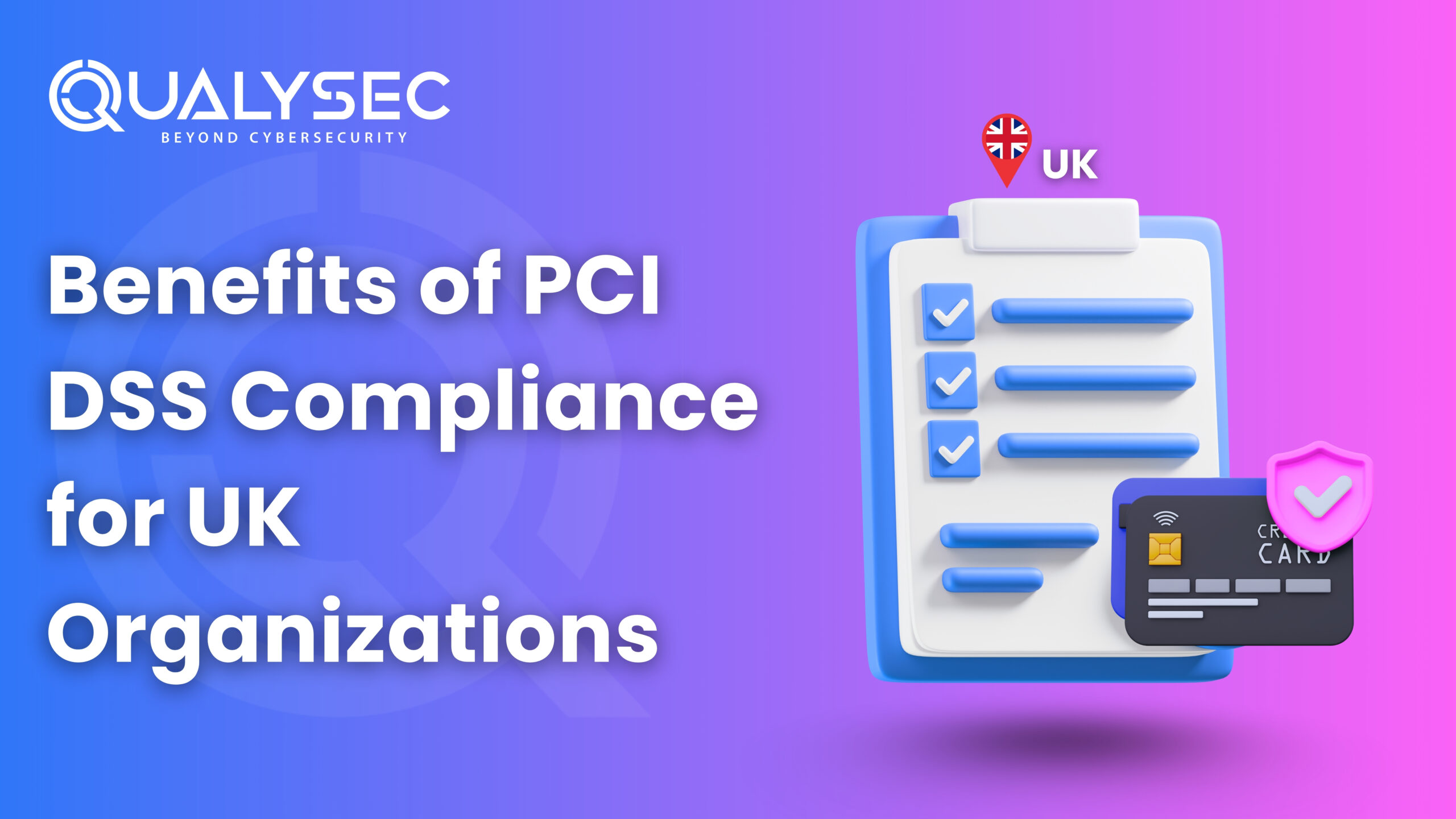











![Top 20 Network Security Companies in USA [2025 Updated List]](https://qualysec.com/wp-content/uploads/2025/05/Top-20-Network-Security-Companies-in-USA-2025-Updated-List-scaled.jpg)


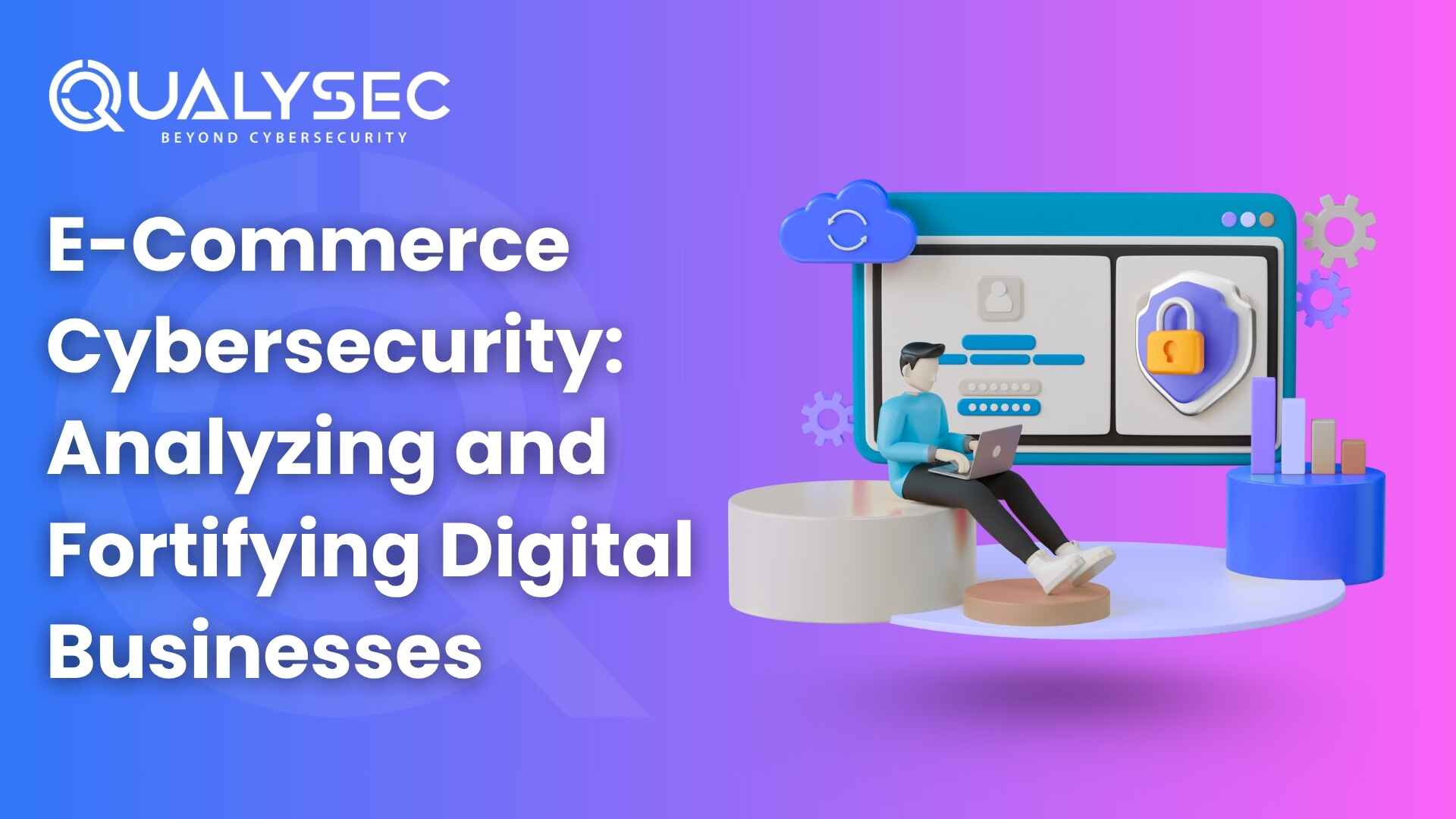
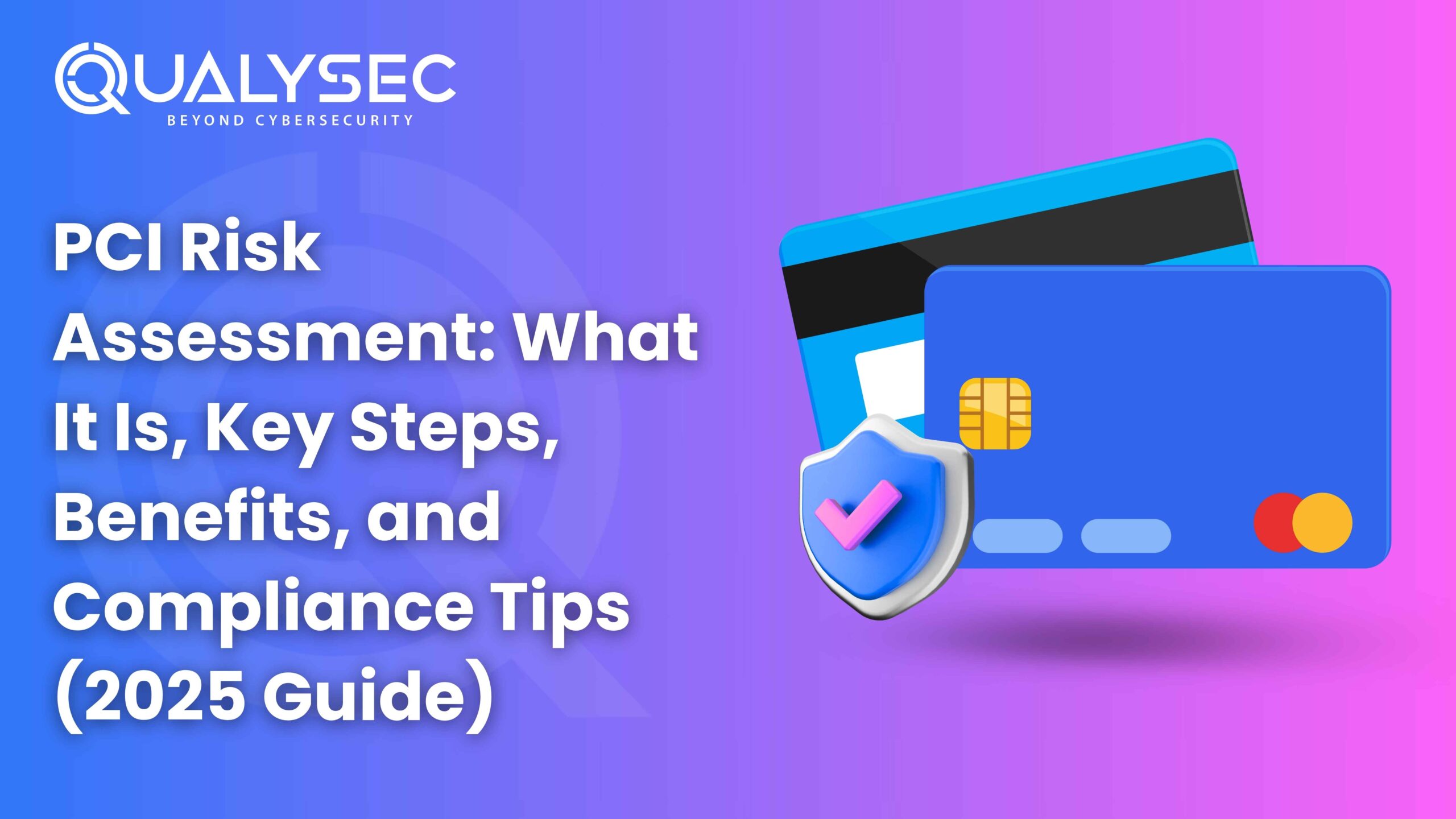
























































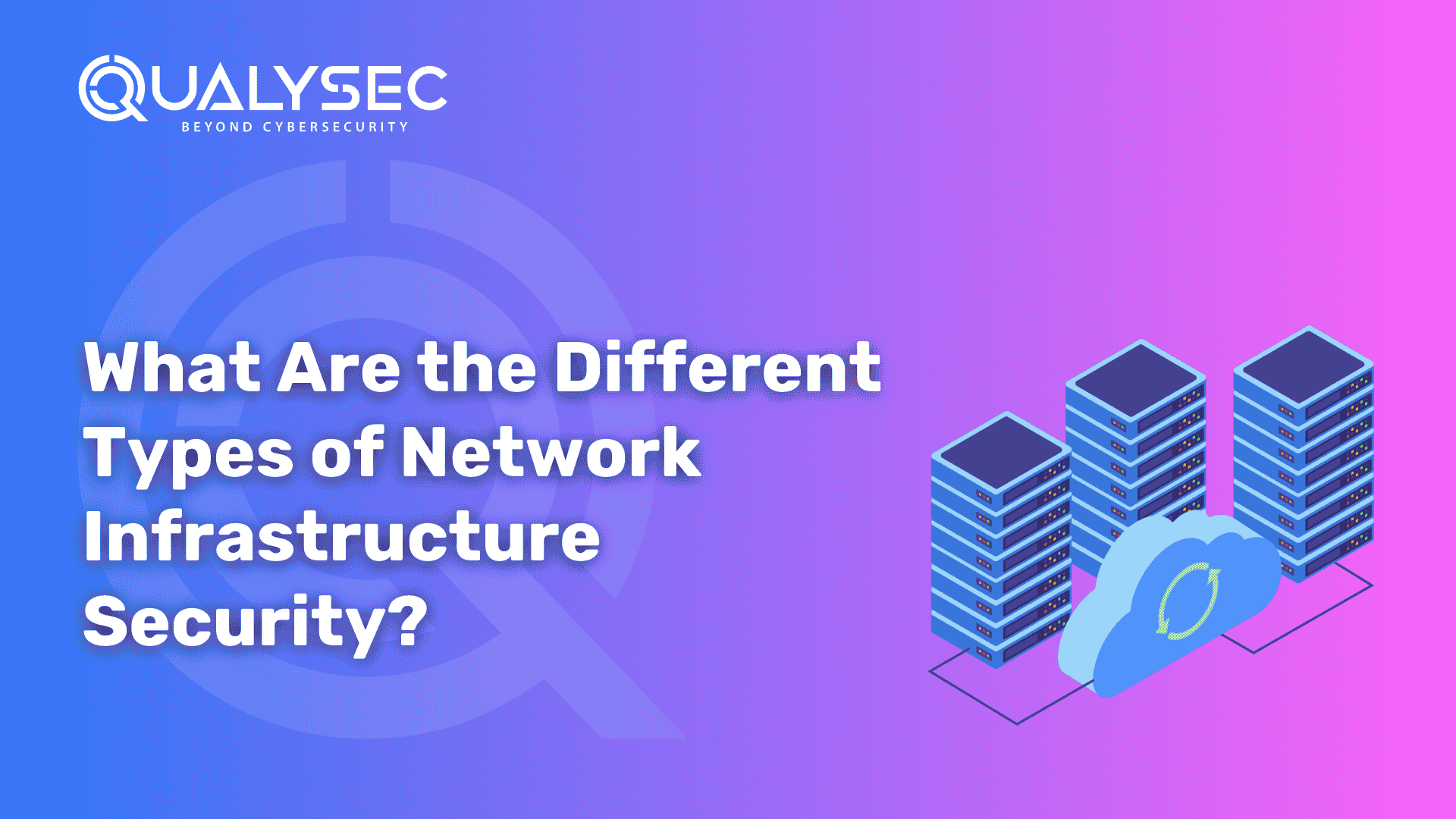














































































































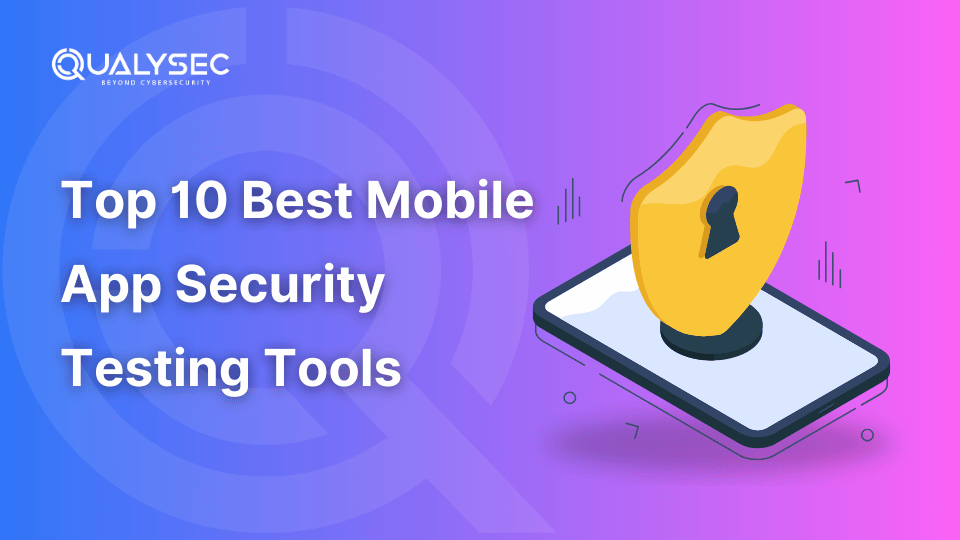










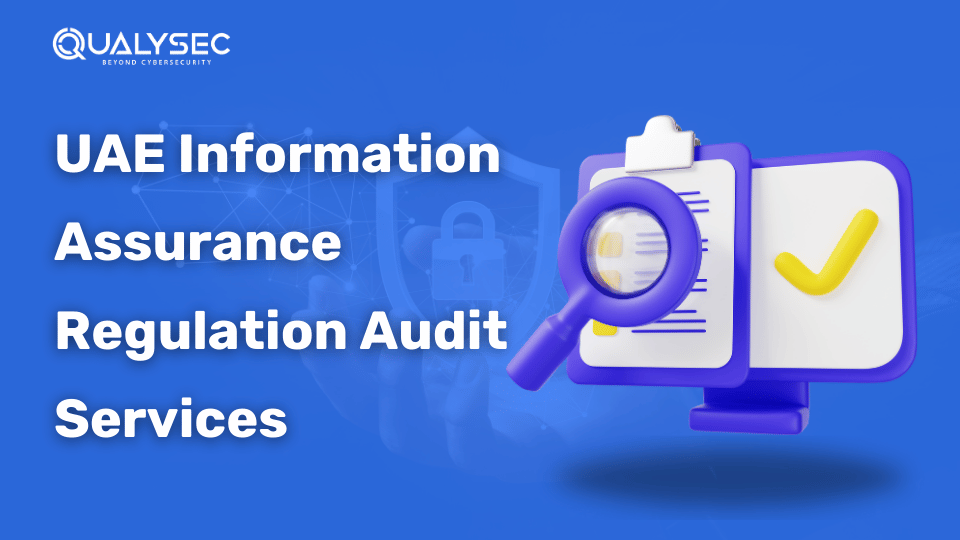











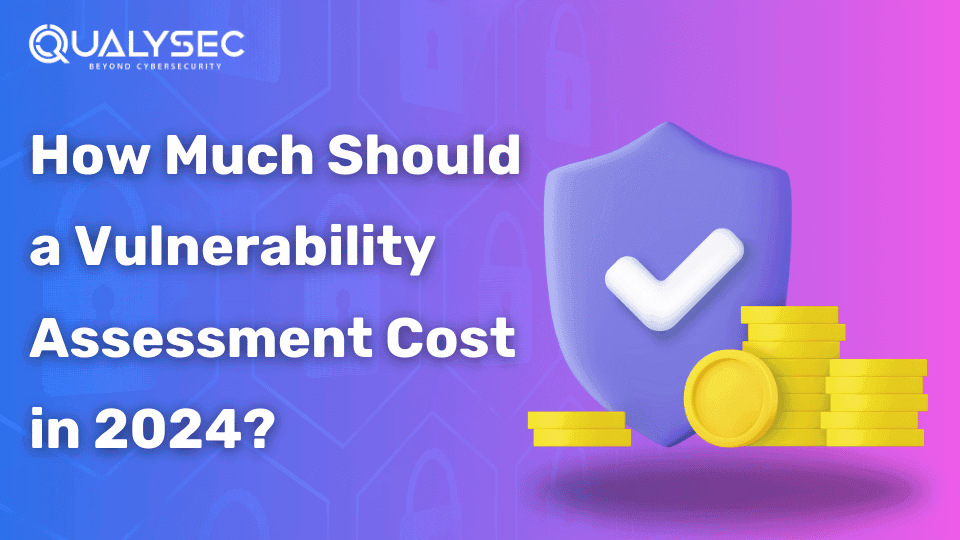








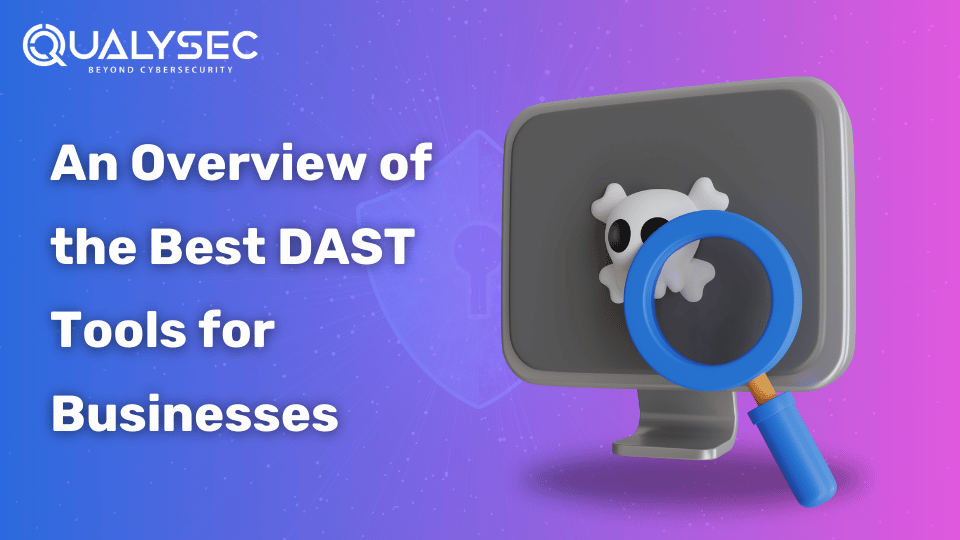





























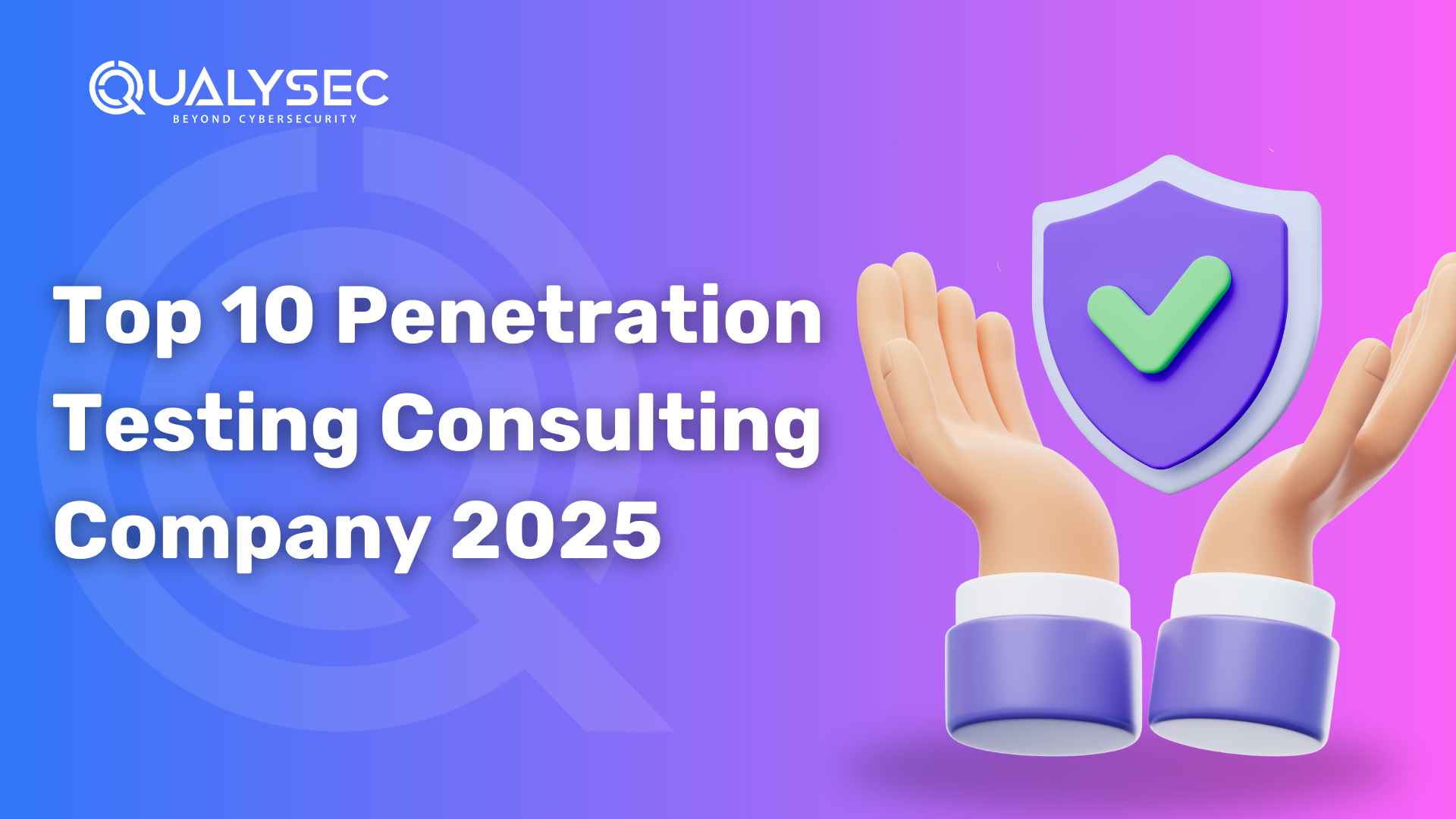

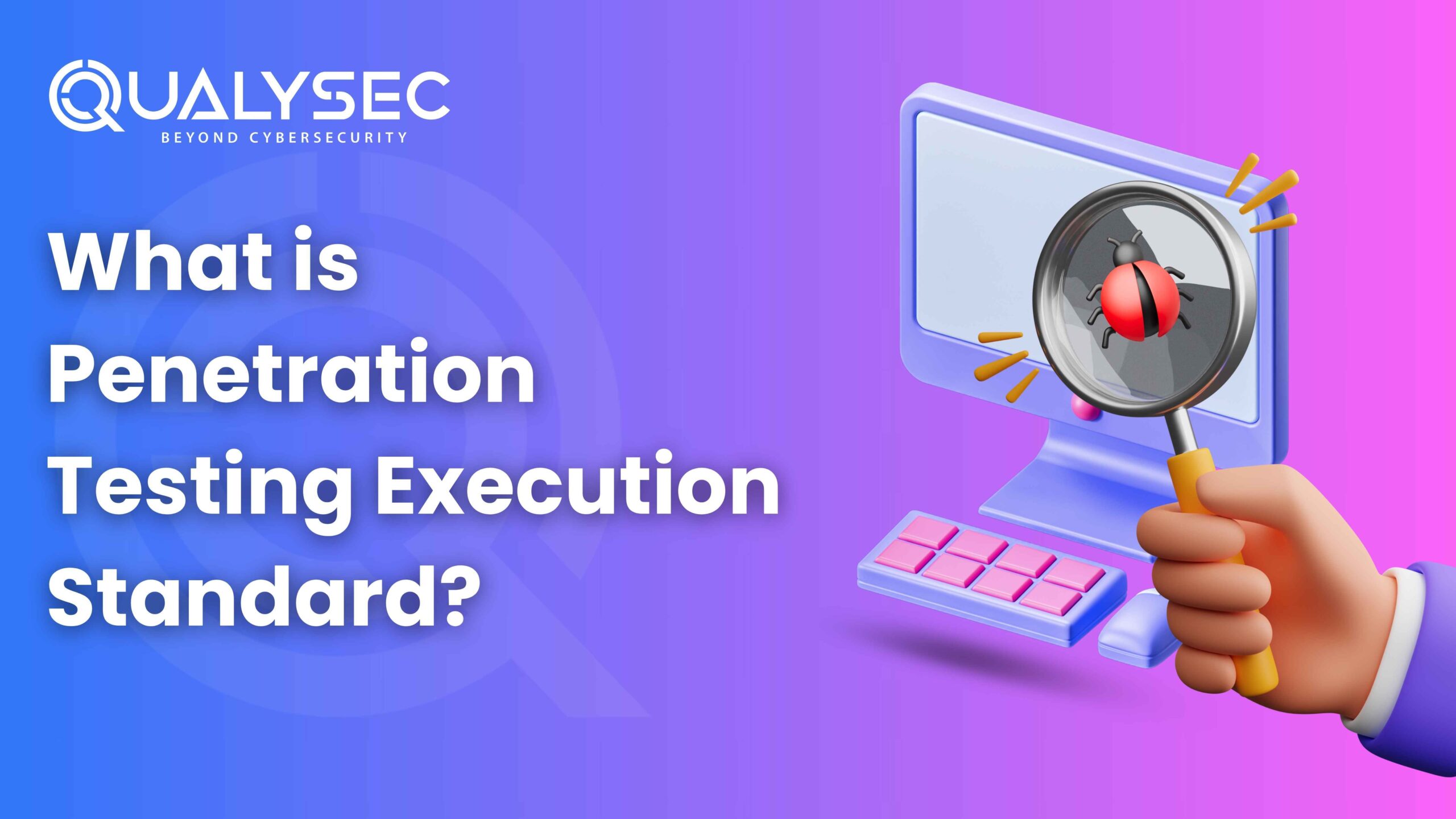






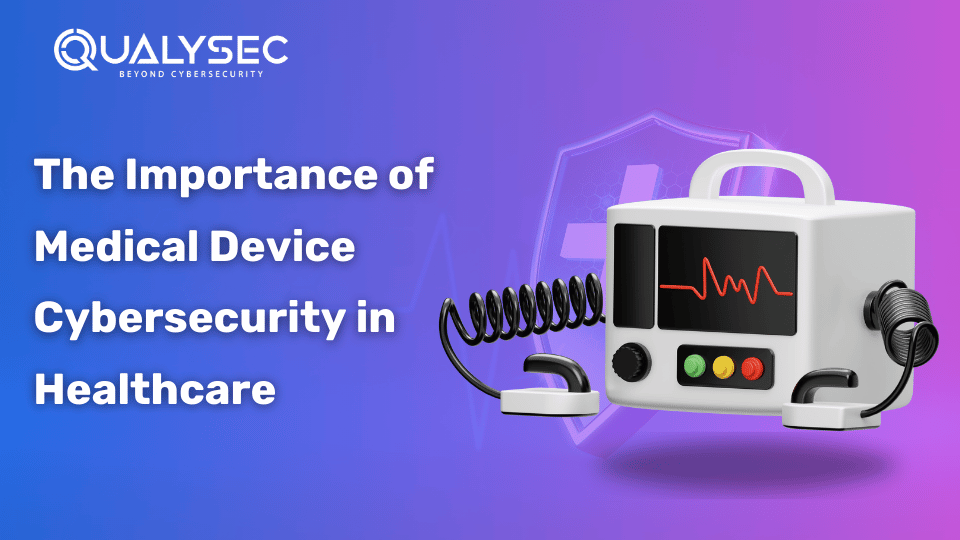




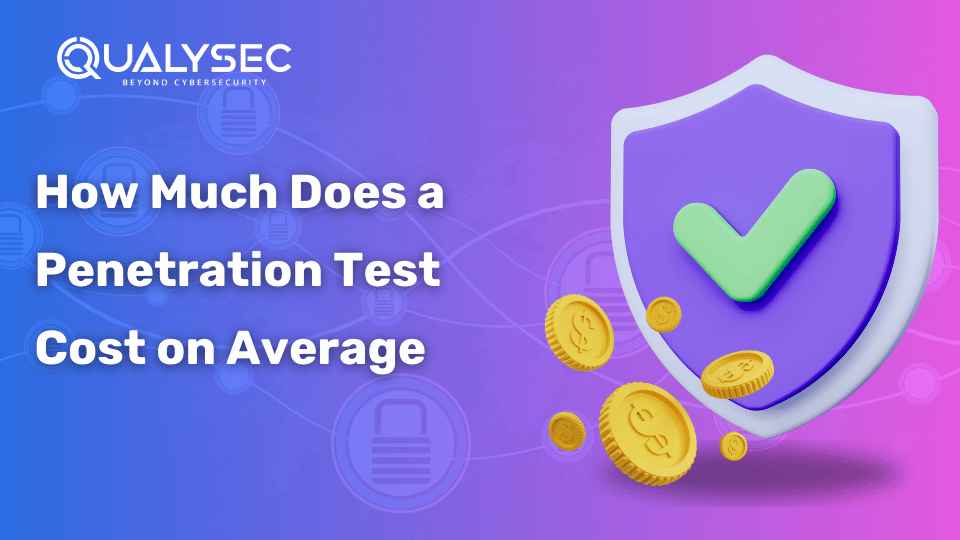






















































































































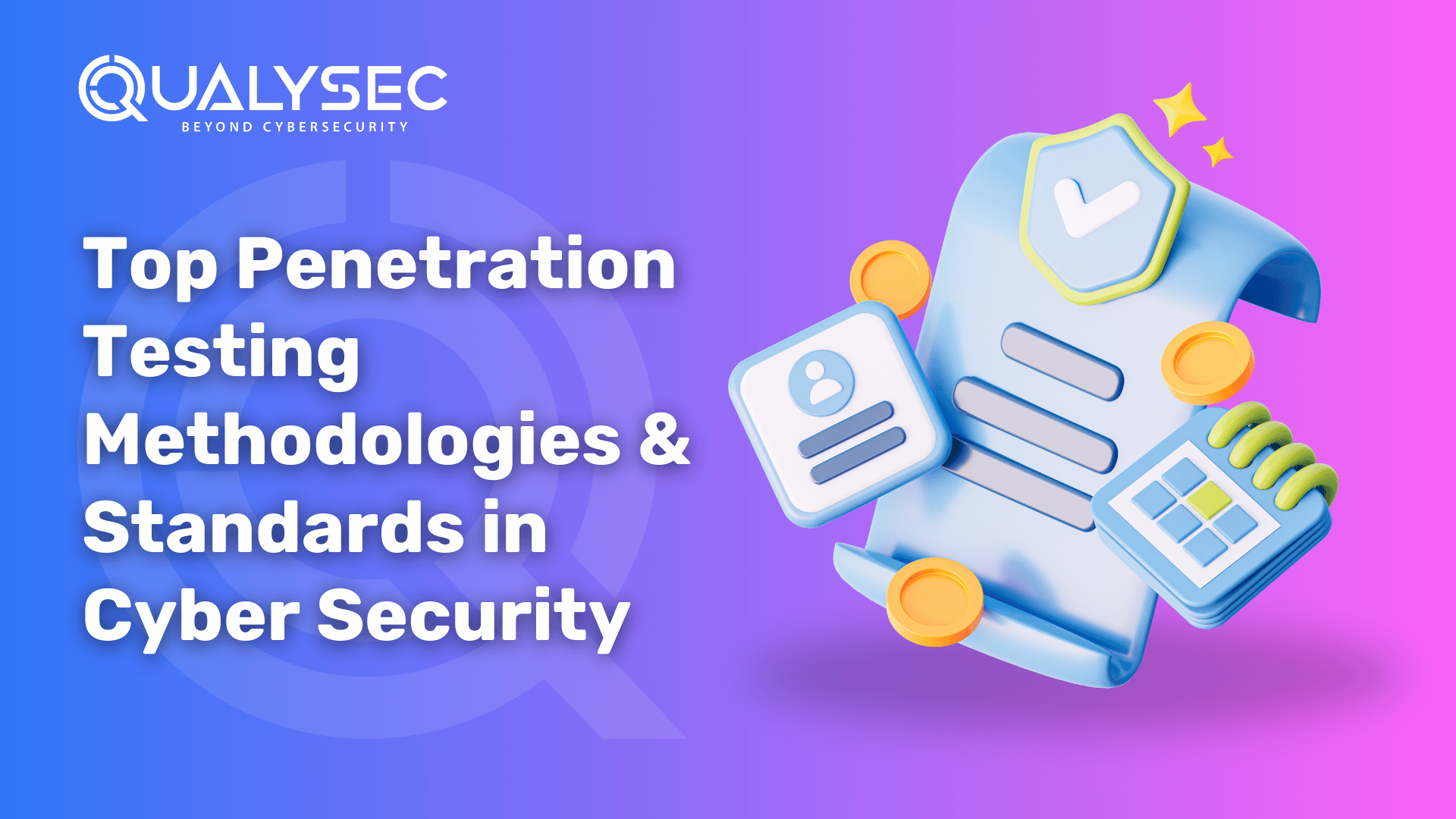












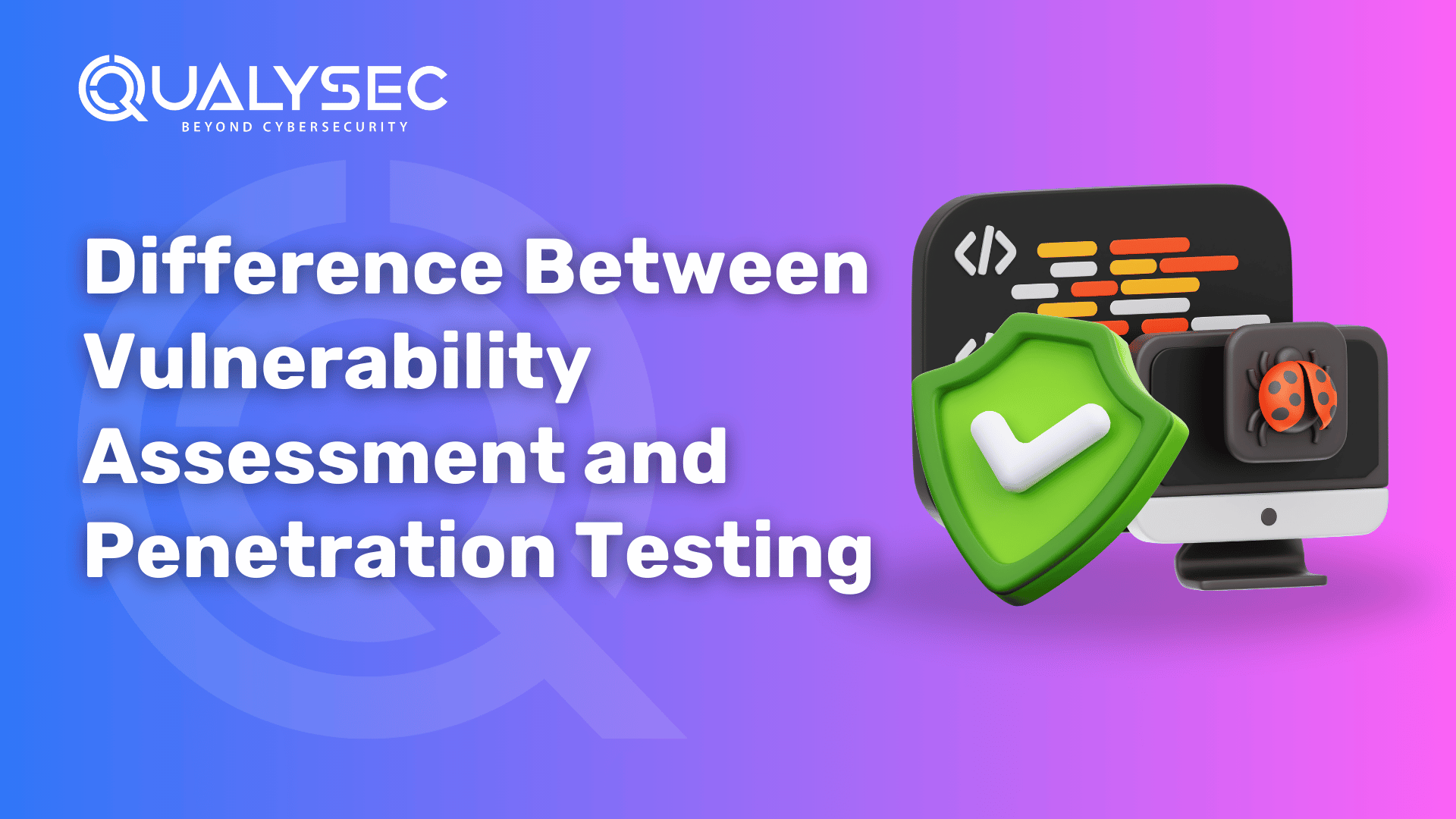


























































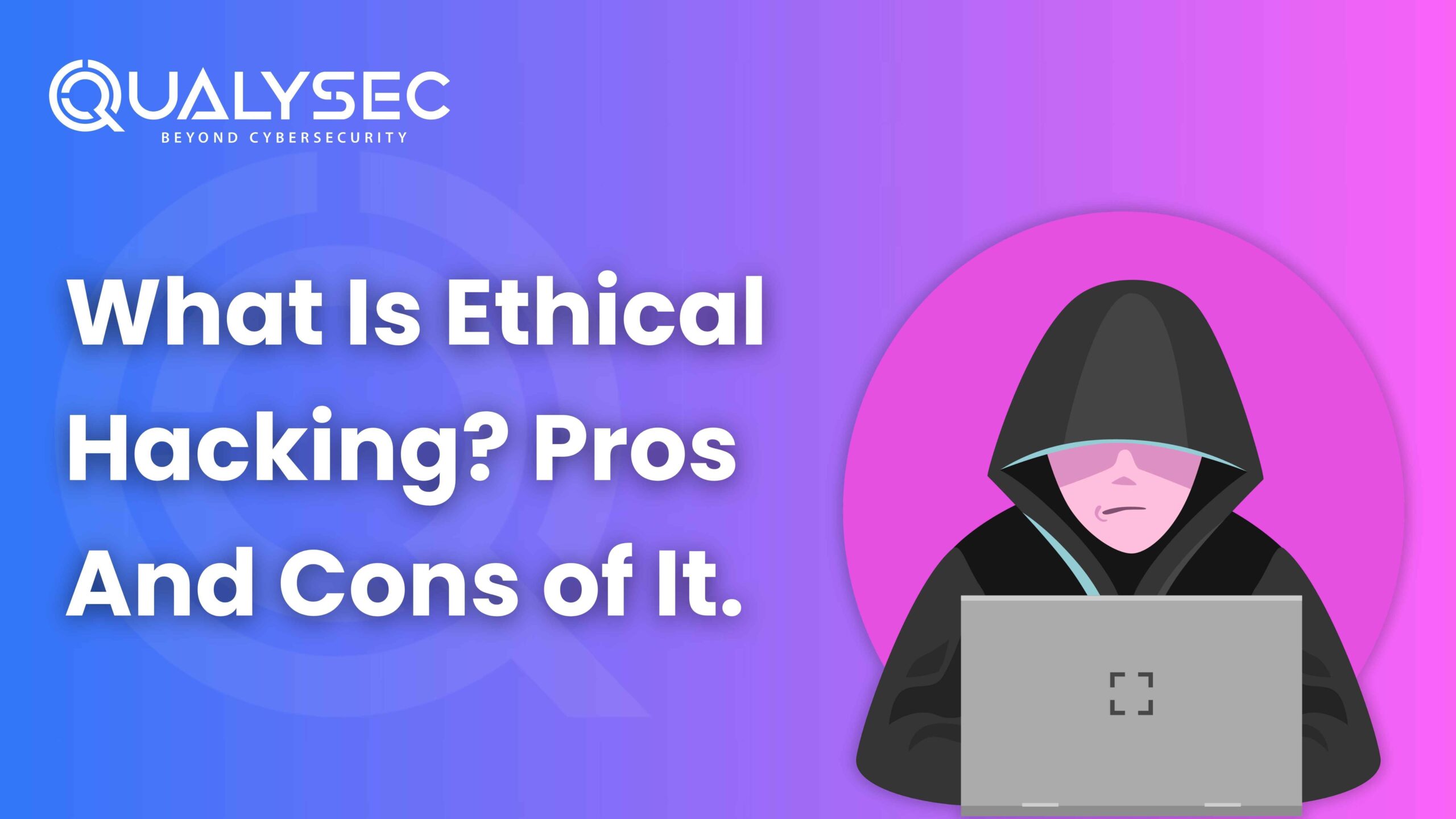








































0 Comments